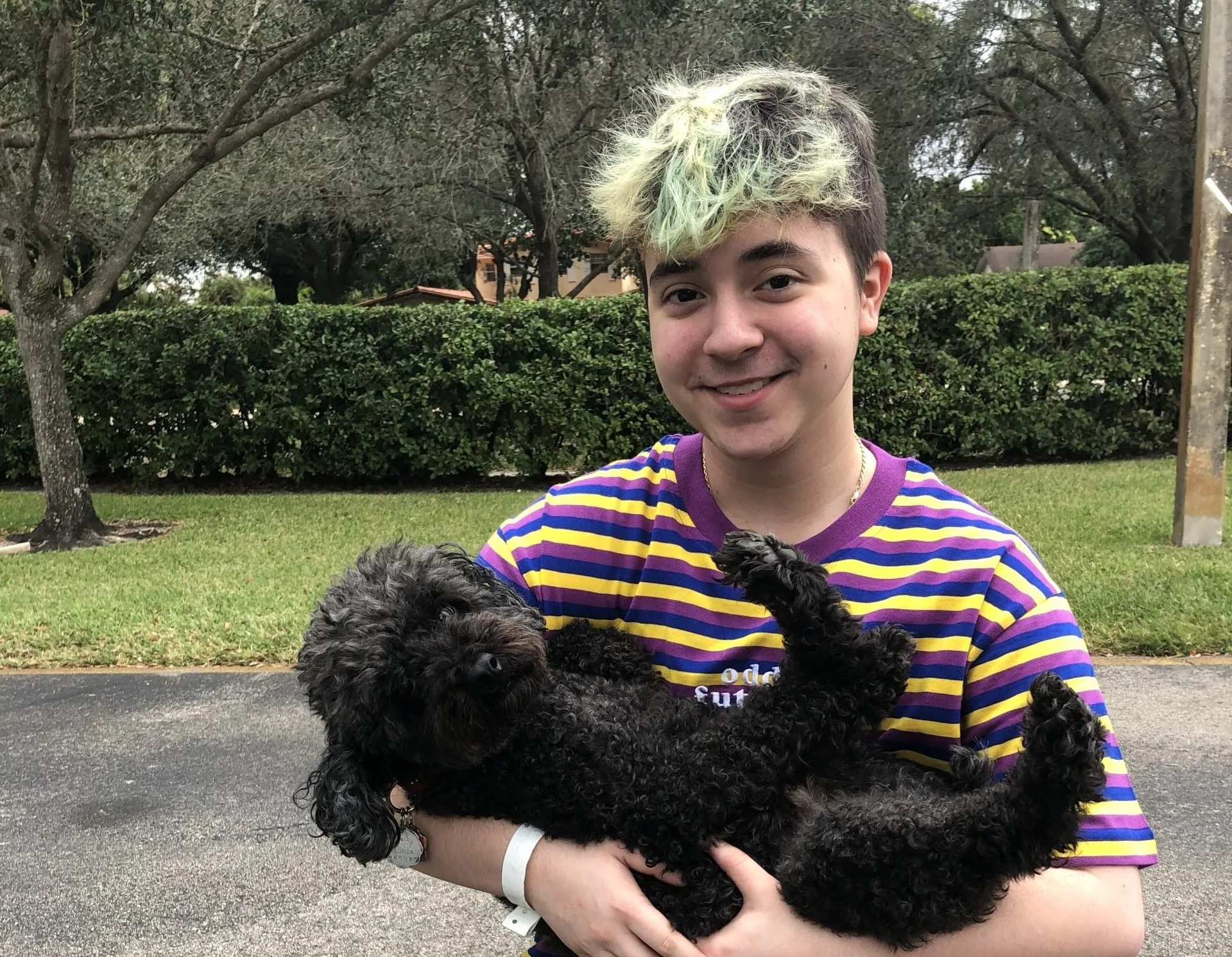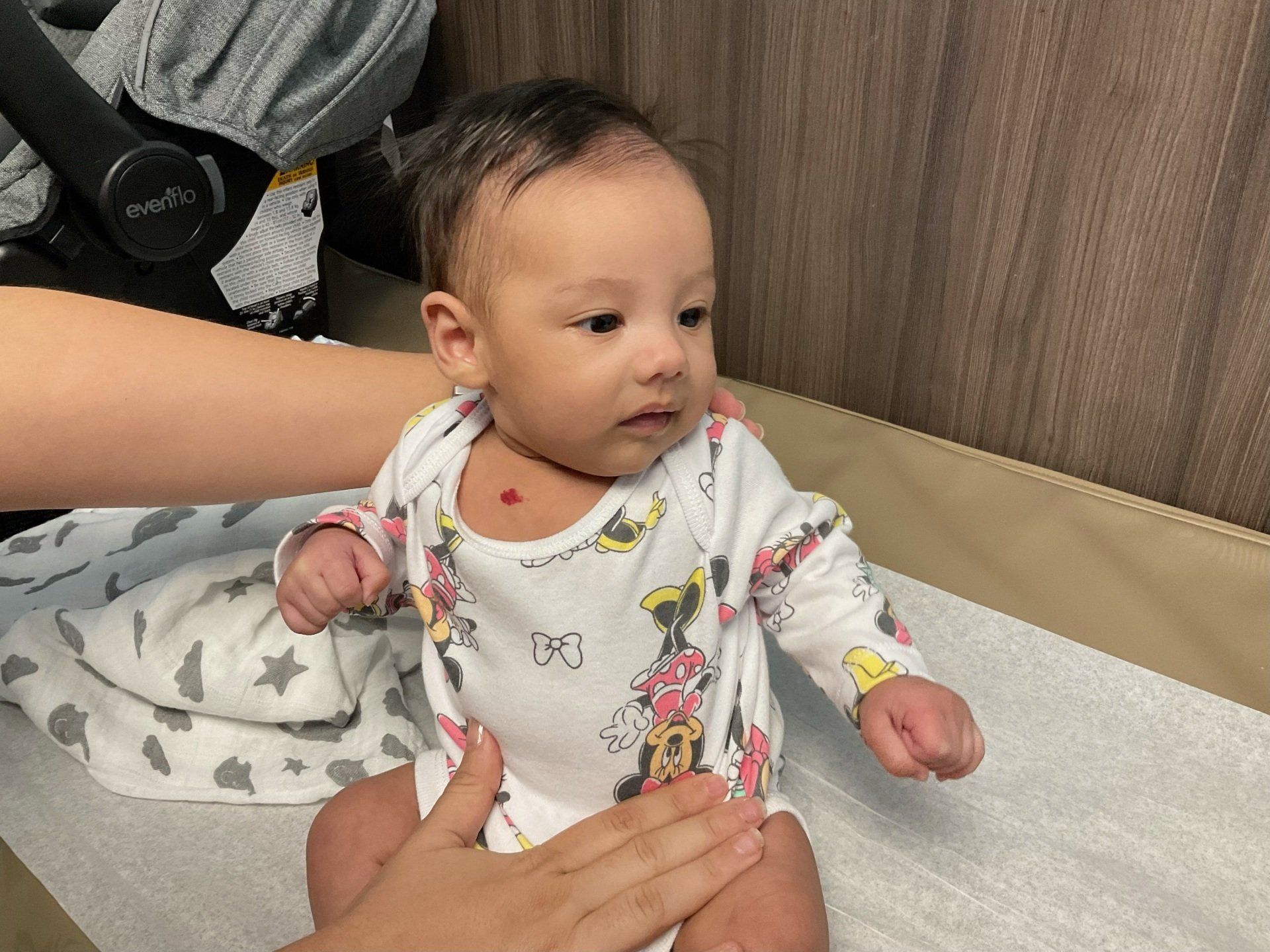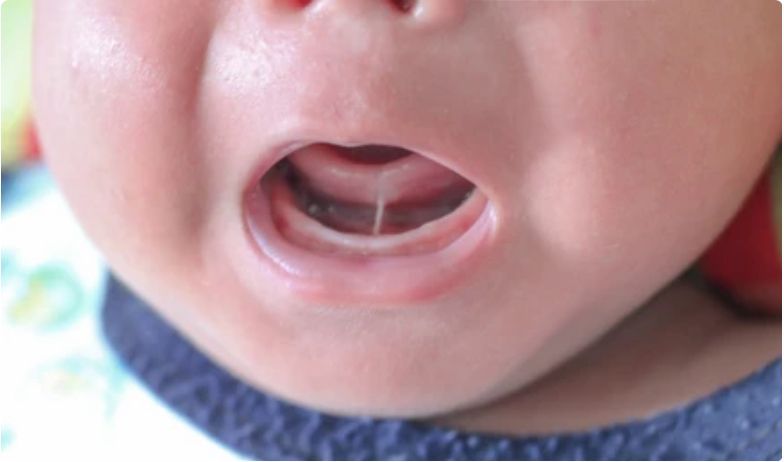Caring for Your Transgender Child

As your pediatricians and nurse practitioners at CMA, we are here to help guide and support you, and care for your child in all ways that promote his/her/their physical, emotional, and spiritual health. Our desire is to provide information that gives family and close community the resources to meet your transgender child, wherever they are in their journey, with respect, dignity and love. Let’s start with the basics.
Gender is the term applied to the sex your child is labeled or assigned, at or before birth, which is generally determined by the physical characteristics associated with male or female gender, and/or the genetic markers of gender (XX for female, XY for male, though variations of these do occur). Gender is also the way your child identifies with a particular gender, male or female, both, or neither. Gender identity evolves as a complex interplay of genetics, epigenetics (how the expression of genes is promoted or suppressed by various factors, including prenatal exposure to hormones), biology, environment, socialization, and culture. It is normal for your child to experiment with expressions of gender. Gender identity is generally fluid until around age 3yr, by which time most children have an inherent feeling of who they are in their body (boy or girl). Yet gender identity may take time to be revealed as people discover more about themselves and the means to express it. There is no right or wrong with gender: diversity of gender identity and expression are considered normal aspects of our humanity, and despite an increased current awareness, gender diversity has been described in cultures all over the world and written about for thousands of years.
If your child identifies himself/herself as the gender assigned at birth, your child is considered cisgender. If your child identifies himself/herself as a different gender, your child is considered transgender. If your child is born male and identifies as female, your child is trans female. If your child is born female and identifies as male, your child is trans male. If you child identifies as both, the terms used for your child are gender diverse, gender fluid, or non-binary. If your child identifies as neither gender, the term used for your child is agender or non-binary. Gender identity is different from sexuality, which is who you are attracted to/who you love (straight is attraction to the opposite sex, gay/lesbian is attraction to the same sex, bi is attraction to both sexes, Q is questioning, I is intersex, asexual is attraction to none, and queer is self-identity within the groups LGBTQ+).
Gender dysphoria is the term that describes the marked incongruence between one’s assigned gender and one’s experience/expression of gender. This may present as a strong desire to be of the other gender; a desire to wear clothing, pretend play, or seek games traditionally assigned to the opposite gender; or the insistence, even at a very young age, of actually being the other gender. As children get older, gender dysphoria also expresses itself as a strong dislike for one’s sexual anatomy and a strong desire to have one’s anatomy match one’s gender identity (e.g., a transgender male expressing dislike for his breasts and a desire to have them removed).
Transgender people are estimated to constitute about 0.6% of the U.S. population. In our American adolescent population, 1.9% now identify as transgender.
You may recognize that your child is transgender, or your child may come out and disclose their gender identity to you. It is understandable that you may feel shock, upset, or disbelief. Yet it is fundamental that your child feel loved and accepted for who they are. Among the most important things you can do to show acceptance and love for your transgender child is to affirm their gender identity. Affirming gender means acknowledgement, respect, support and validation of the gender identity of your child. You may do this by supporting your child’s self-expression and being open-minded to the clothing, hairstyle, toys, and games that your child desires. You may do this by asking your child what name he/she/they wish to be called by, and by which pronoun he/she/they wish to be referred. You may further affirm gender by giving your child access to tank tops, binders, bodysuits, shapewear, gaff, packing etc. that help align the appearance of your child’s body with their gender identity. As a parent of a transgender child, affirming their gender also means standing up for them in your home, your community, your place of worship, your child’s school and camp. It means connecting them with LGBTQ+ organizations, resources and events so they know they are not alone. It means finding therapists that are gender affirming, and being open-minded about exploring their options for treatment. It means condemning “conversion therapy,” which is not only disaffirming, but deleterious to the health and well-being of your child.
Affirming gender identity among transgender and nonbinary youth is consistently associated with better mental health outcomes. Conversely, there are significant and tragic consequences of non-affirming gender. Transgender youth experience depression at 4x the rate of their non-trans peers. According to studies by The Trevor Project, 75% of transgender youth experience symptoms of generalized anxiety disorder, and over 60% have engaged in self-harm. Eating disorders and substance abuse are more common in transgender youth. Rates of bullying are significantly increased in transgender and non-binary youth. In one retrospective study, 56% of youth who identify as transgender reported previous suicidal ideation, and 31% reported a previous suicide attempt (highest in female to male transgender youth). Children whose gender identity is affirmed and who experience love and support in their transition have much better outcomes that their non-affirmed trans peers.
Caring for your transgender child is facilitated through integrating a team approach, which includes you, your extended family and friends, your pediatrician or nurse practitioner, your endocrinologist, your mental health and social service professionals, and potentially your plastic surgeon. This team works together to support you and your child through the various levels of transitioning, in order to build self-love, self-esteem, resilience, and promote physical, emotional and spiritual well-being.
What are these levels of transitioning? They begin with social transitioning, which are aspects of social affirmation of your child’s gender identity, including gender affirming hairstyles, clothing, shapewear, name and gender preferences, peer and family support, engagement with transgender outreach in the community, and support in social environments like school and summer camp. The next level is medical transitioning, which includes drug/hormonal treatment to affirm your adolescent’s gender: they are pubertal blockers like Lupron and Supprelin to halt the progression of male or female secondary sexual characteristics and decrease the dysphoria that comes with the onset of puberty (generally by 10-12yr), and estrogen/testosterone cross-hormonal therapy to align the physical body with the gender identity (generally by 14yr). (It is important to note that there are medical risks associated with sex hormone therapy, including higher risks of heart disease and cancer, making true informed consent imperative prior to undertaking medical transitioning.) The next level is surgical transitioning, generally after 16-18yr, which includes the surgical alteration of body parts in order to affirm gender (e.g. “top surgery” like breast removal or breast construction, “bottom surgery” for gender affirming reconstruction, removal of internal organs such as the ovaries or uterus, etc.). The degree of gender dysphoria generally improves progressively with each level of social, medical and surgical transitioning, though the choice of how to transition is very personal.
Reproductive options for transgender persons include harvesting/freezing of eggs or IVF with freezing of embryos for later implantation in a surrogate, and sperm banking.
Sadly, transgender or gender variant citizens experience more violence against themselves, experience discrimination in health care coverage, and further discrimination due to lack of civil rights protections in schools and the workplace. We are hopeful that politics and polices are changing on their behalf. President Biden has proposed the Equality Act of 2021, which if passed, would amend the Civil Rights Act to prohibit discrimination on the basis of sexual orientation and gender identity in employment, housing, public accommodations, public education, federal funding, credit, and the jury system. Professional organizations like the American Academy of Pediatrics are increasingly calling for equity in health care provisions, regardless of gender identity or expression. Of note, November is Transgender Awareness Month.
We are here for you. Our office is a safe space where diversity is appreciated, respected and supported. Reach out on the portal or schedule an appointment to come see us. Here are some additional resources and community partners that serve our transgender patients and their families:
SUNSERVE Youth Services (Ft. Lauderdale) www.sunserve.org. 954-462-2004 The mission of The Transgender Services Department is to provide clients with a safe place to identify, and to operate as a beacon of resources for the needs of their clients.
THE FAULK CENTER (Boca). wwwfaulkcenterforcounseling.org 561-483-5300 Mission is to promote emotional well-being through a variety of free and low-cost programs, including therapy and support groups for transgender youth and their families.
CARE RESOURCE Community Health Center (Ft. Lauderdale) www.careresource.org 954-567-7141 Through education, prevention, research, care and treatment and support services, Care Resource improves upon the health and overall quality of life of the diverse South Florida communities in need.
TRANS PROUD www.transproud.com. Outproud’s website for transgender youth. Headline news, links to other transgender sites for trans youth, loads of resources and information, stories, message boards, resources for youth and parents.
THE PRIDE CENTER at Equality Park (Wilton Manors) www.pridecenterflorida.org. 954-463-9005
Memorial Hospital Joe DiMaggio Children’s Hospital Pediatric Endocrinologist Gender Expert Dr. Beth Steindel-Spargo 954-538-4621
MERMAIDS www.mermaids.freeuk.com A family support group for children and teenagers with gender identity issues.
The Gender Program at Nicklaus Children’s Hospital www.nicklauschildrens.org 305-666-6511 with experts Dr. Gilbert Smith (Child and Adolescent Psychiatry NCH), Dr. Alejandro Diaz (Director of Pediatric Endocrinology NCH) and
Dr. Chad Perlyn (Pediatric Plastic and Reconstructive Surgery NCH)
Pamela Fero Law 1451 W. Cypress Creek Rd. Suite #300 Ft. Lauderdale bit.ly/Free15consult 954-947-0572 Works with families to resolve legal issues (name changes, changing gender markers on school records...)
University of Miami LGBTQ Clinic miamitransgender@med.miami.edu 305-243-4500
THE TREVOR PROJECT thetrevorproject.org. For transgender people in crisis, call the Trevor Lifeline, 866-4-U-TREVOR (866-488-7386), or ask for help through TrevorText (text “Trevor” to 1-202-304-1200), TrevorChat.
NATIONAL CENTER FOR TRANSGENDER EQUALITY transequality.org 202-642-4542 A social justice advocacy organization based in Washington, D.C.
TRANS YOUTH FAMILY ALLIES imatyfa.org
TYFA empowers young people and their families through support, education, and outreach about gender identity and expression.
TRANSKIDS PURPLE RAINBOW FOUNDATION tran skidspu rpler ainbow. org
TKPRF is committed to enhancing the future lives of trans children by educating schools, peers, places of worship, the medical community, government bodies, and society in general in an effort to seek fair and equal treatment of all trans youth.
TRANSPARENTCY transparentcy.org. Founded by a transgender parent and dedicated to transgender parents and their children, TransParentcy is committed to the fight to protect and honor the relationship between the two.
THE YES ISTITUTE helps to create a world where everyone thrives in a safe environment. They serve the LGBTQ+ community by providing education to parents and professionals across community groups and organizations in education, healthcare, government, workplaces, and faith communities. 305-663-7195 yesinstitute.org email info@yestinstitute.org
THERAPISTS who specialize in gender:
Dr. Deborah Grayson 954-937-6445 (Coral Springs)
Andrea Metz Sunserve 954-695-3700 (Wilton Manors)
Felicia Levine LCSW 954-657-3151 (Boca)
Dr. Jaime Joseph 954-417-3242 (Coral Springs)
Dr. Brandi Baumkirthner 561-922-9155 (Boca)
Carrie Ann Convers LMHC 754-701-2836 (Boca)
Jaki Neering MSW 561-475-4729 (West Palm Beach)
Hannah Badenoch LMHC 833-544-1365 (Delray Beach)








PLANTATION
8430 West Broward Blvd Ste 300
Plantation, FL 33324
(954)-473-8588 (fax)
Monday - Fridays
8 am - 5 pm
(Closed for Lunch 12pm-1:30pm)
Saturday
8 am - 12 pm
Sundays & Holidays
Morning Urgent Hours Available For Coral Springs, Only After 8 am
TAMARAC
7489 North University Drive
Tamarac, FL 33321
(954)-722-4888 (fax)
Monday - Friday
8 am - 5 pm
(Closed for Lunch 12pm-1:30pm)
Saturday
8 am - 12pm
Sundays & Holidays
Morning Urgent Hours Available For Coral Springs, Only After 8 am
CORAL SPRINGS
5697 Coral Ridge Dr.
Coral Springs, FL 33076
(954) 510-4800 (fax)
Monday - Friday
8 am - 5 pm
(Closed for Lunch 12pm-1:30pm)
Saturday
8 am - 12pm
Sundays & Holidays
Morning Urgent Hours Available For Coral Springs, Only After 8 am
Miramar
1951 SW 172nd Avenue Ste 200
Miramar, FL 33029
(954) 722-4888 (fax)
Monday & Friday
8 am - 12pm
Saturday
8 am - 12pm
Sundays & Holidays
Morning Urgent Hours Available For Coral Springs, Only After 8 am
© 2025 Children's Medical Association (CMA). All rights reserved.
Designed by Brandiket.com


















